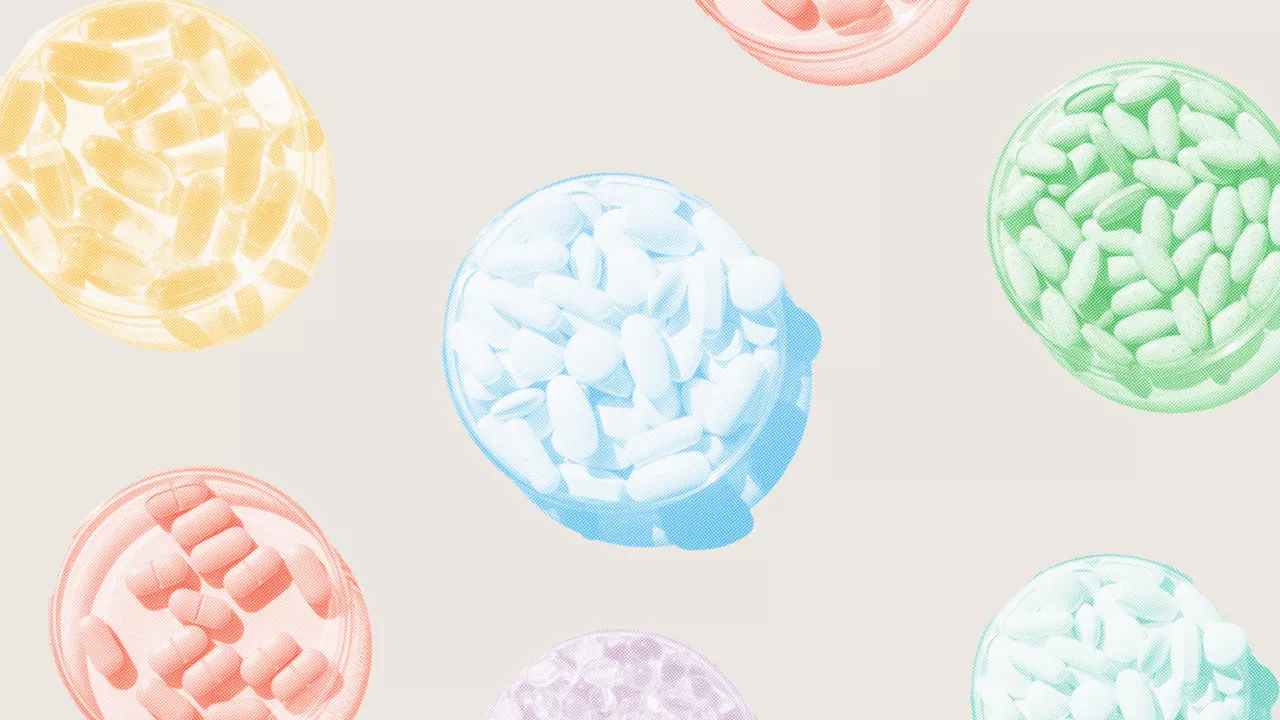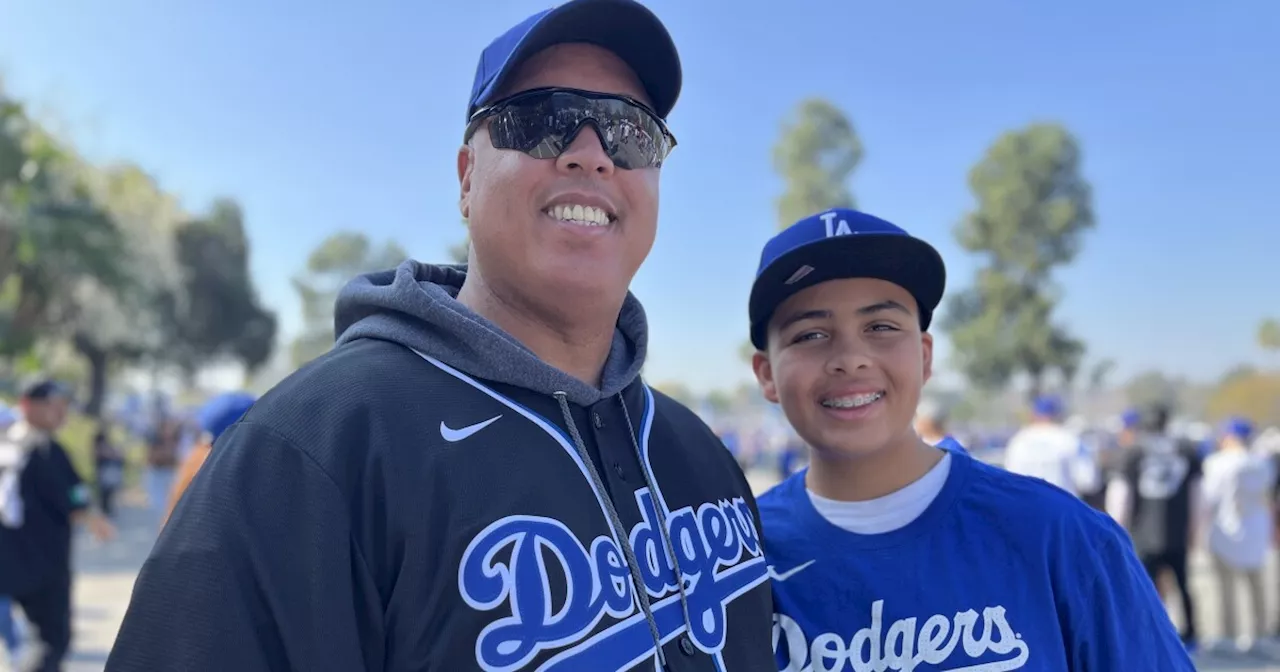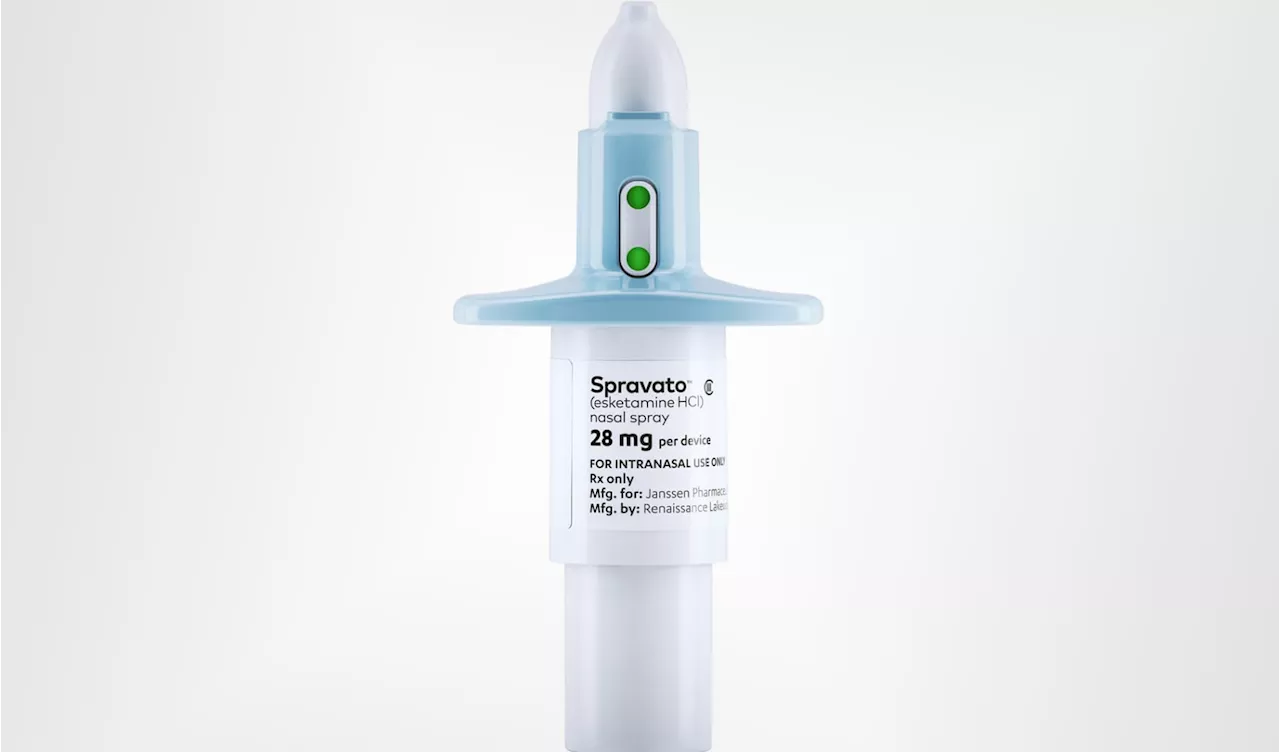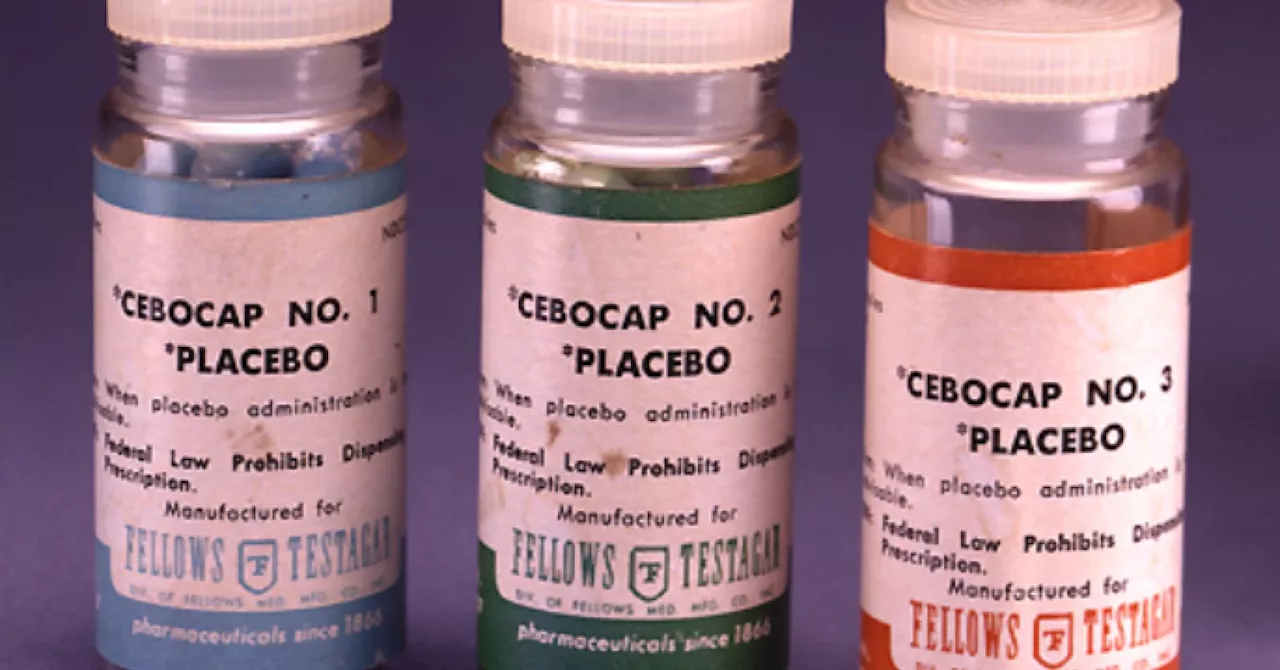A new study highlights the significant impact of individual beliefs and expectations on treatment efficacy, particularly in the context of neuromodulation. The findings suggest that the placebo effect is not a mere phenomenon but a powerful force that can rival or even exceed the effects of actual treatments.
An expectation of benefit can produce outcomes that rival those of actual treatment. This is particularly amplified when the treatment is applied directly to the brain, but it's a widely applicable phenomenon. We've all experienced how our expectations influence our reactions, including our enjoyment or lack thereof of any event or interaction. Belief sets the tide level for background efficacy, and everything we experience is superimposed on that.
But how much can we actually influence physiologic responses by our psychological perceptions?\In neurotherapeutics, placebo responses in the so-called 'control' group are typically used as a comparison for the effectiveness of treatments. Yet, individual experience and expectations and the effects these might have on responses to treatment are not accounted for in this model, a particular concern for studies on neuromodulation. To address this issue in a rigorous and deep statistical way, Luisa Fassi, Shachar Hochman, Zafiris Daskalakis, Daniel Blumberger, and Roi Kadosh in the United Kingdom, United States, and Canada published a paper. The analysis of Fassi and colleagues showed that, in two studies, subjective perceptions and expectations of treatment status were clearly more predictive of changes in mind wandering and depression than was experimental treatment. For the other two studies on depression and ADHD, the results were mixed. The important takeaway here is that including subjective beliefs about treatment is probably necessary both in applications of and treatments with neuromodulation as well as other modalities.\The fact that belief in a neuromodulatory treatment outcome can rival or exceed the treatment itself should not be interpreted as treatments being ineffective. Rather, we can enable or disable a large amount of physiological and psychological responses by how we precondition ourselves. You cannot literally think yourself well, but you can think yourself to receive wellness assistance. I think this comes up in a lot of interventions, whether the treatment is pharmaceutical, behavioral, exercise, or whatever, and the concept of placebo comes up. A lot of times, different interventions are listed as 'no better than placebo,' as if this is a kind of failure. In the view I'm trying to advance, it's actually a failure to understand what placebo is, and that the idea of placebo is not best served by the word placebo. Instead, placebo becomes a thing to focus a person's belief and enable potential success. Some people probably can do this without anything special. They're able to adapt how they think and how they behave in ways that lead to better health outcomes almost automatically and with no thought whatsoever. But others require a focal point for the belief. Perhaps it's the white pill; perhaps it's the certain way to do journaling; perhaps it's the certain practice. These all do things, but they also gain additional traction by being a focal point for belief in something happening. Some people require a thing to believe in when they can't believe in themselves. Or not yet, in any case. These results suggest empowerment of the end user. Things like this would certainly not have been ignored in Eastern thought, but certainly with Western traditions. The idea of has persisted and been pervasive in preventing an understanding of holistic health. Really, what we're talking about here in Western scientific terms would be integrative systems physiology—that is, understanding that the whole body and all its systems work together in concert to produce health. If we can leverage access to better interactions and function across and within multiple systems in the body, and if that arises from something that we might still call a 'placebo,' then we are truly on the path to a more holistic understanding of health and well-being
PLACEBO EFFECT NEUROMODULATION TREATMENT OUTCOMES BELIEF EXPECTATIONS INTEGRATIVE SYSTEMS PHYSIOLOGY
United States Latest News, United States Headlines
Similar News:You can also read news stories similar to this one that we have collected from other news sources.
 Power companies douse Los Angeles power poles with retardant to protect power grid during firesWith multiple wildfires still burning across the county, several Los Angeles power companies have started to try and get ahead of the potentially volatile and erratic flames, working to mitigate additional risks by clearing dry vegetation and protecting valuable power lines.
Power companies douse Los Angeles power poles with retardant to protect power grid during firesWith multiple wildfires still burning across the county, several Los Angeles power companies have started to try and get ahead of the potentially volatile and erratic flames, working to mitigate additional risks by clearing dry vegetation and protecting valuable power lines.
Read more »
 The Power of Belief: When Placebos Outperform DrugsA recent FDA advisory committee concluded that the common decongestant phenylephrine is no more effective than a placebo. This raises questions about the role of belief in healing and the potential power of placebos in treating common ailments.
The Power of Belief: When Placebos Outperform DrugsA recent FDA advisory committee concluded that the common decongestant phenylephrine is no more effective than a placebo. This raises questions about the role of belief in healing and the potential power of placebos in treating common ailments.
Read more »
 In the aftermath of the LA fires, a renewed belief in the healing power of sportsJosie Huang covers Asian American communities for the LAist and KPCC newsroom.
In the aftermath of the LA fires, a renewed belief in the healing power of sportsJosie Huang covers Asian American communities for the LAist and KPCC newsroom.
Read more »
 New Treatment Offers Relief for Patients with Treatment-Resistant HypertensionThis news article highlights a new treatment option called renal denervation that offers hope for patients struggling with high blood pressure that doesn't respond to traditional medications. It tells the story of Michael Garrity, a patient whose severe hypertension was finally controlled after undergoing this procedure. It also discusses the potential benefits and limitations of renal denervation, as well as the need for further research and wider adoption.
New Treatment Offers Relief for Patients with Treatment-Resistant HypertensionThis news article highlights a new treatment option called renal denervation that offers hope for patients struggling with high blood pressure that doesn't respond to traditional medications. It tells the story of Michael Garrity, a patient whose severe hypertension was finally controlled after undergoing this procedure. It also discusses the potential benefits and limitations of renal denervation, as well as the need for further research and wider adoption.
Read more »
 Johnson & Johnson's Spravato Approved as Standalone Treatment for Treatment-Resistant DepressionThe Food and Drug Administration (FDA) has approved Johnson & Johnson's nasal spray, Spravato, as the first standalone therapy for treatment-resistant depression. This marks a significant advancement in treating individuals whose depression symptoms haven't responded to at least two standard treatments. Spravato, previously approved for use alongside oral antidepressants, has shown promising results in relieving symptoms rapidly and durably.
Johnson & Johnson's Spravato Approved as Standalone Treatment for Treatment-Resistant DepressionThe Food and Drug Administration (FDA) has approved Johnson & Johnson's nasal spray, Spravato, as the first standalone therapy for treatment-resistant depression. This marks a significant advancement in treating individuals whose depression symptoms haven't responded to at least two standard treatments. Spravato, previously approved for use alongside oral antidepressants, has shown promising results in relieving symptoms rapidly and durably.
Read more »
 Johnson & Johnson's Nasal Spray Spravato Approved as Standalone Treatment for Treatment-Resistant DepressionThe FDA approved Johnson & Johnson's Spravato nasal spray as the first-ever standalone therapy for treatment-resistant depression, offering new hope for millions suffering from this challenging condition.
Johnson & Johnson's Nasal Spray Spravato Approved as Standalone Treatment for Treatment-Resistant DepressionThe FDA approved Johnson & Johnson's Spravato nasal spray as the first-ever standalone therapy for treatment-resistant depression, offering new hope for millions suffering from this challenging condition.
Read more »
